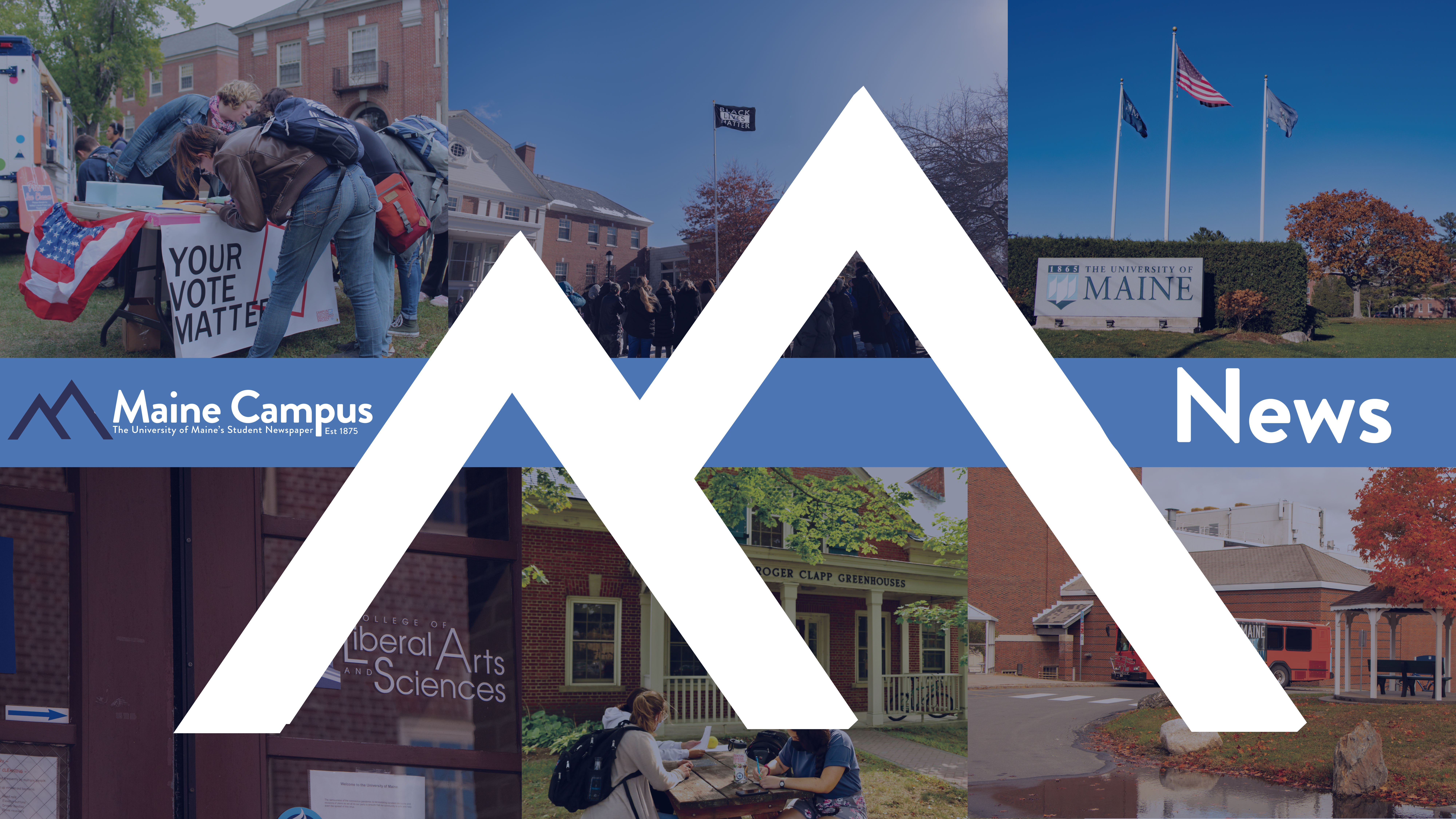David The University of Maine hosted a webinar, “Building Community — University Partnerships for Health Equity in Downeast Maine,” on Friday, Sept. 16, 2022. The seminar discussed how faculty, students and community members can come together to promote healthcare equity in rural communities.
The Downeast Health Research Collaborate (DHRC) is based at the UMaine at Machias (UMM) campus in Washington County, and their location that lacks equitable access to healthcare was the main subject of the webinar.
Roughly 20 postgraduates, undergraduates and faculty members make up the DHRC, hailing from Orono’s flagship campus, UMaine at Augusta (UMA), UMM, the University of Southern Maine (USM) and the UMaine Cooperative Extension. They are supported by over 20 partner organizations and agencies and boast a handful of pertinent research demonstration projects backed by grant-funded research.
The volunteer faculty leadership consists of many members. Tora Johnson is one of the webinar’s key speakers and the co-chair of UMM’s environmental and biological sciences division. She is joined by Katherine Weatherford Darling, a sociologist at UMA; Lois-Ann Kuntz, a psychology professor at UMM; Dr. Tara Casimir, an assistant professor of nursing at USM; Bridie McGreavy, an associate professor of communication and journalism at UMaine; Dr. Debra Kantor, an associate Extension professor; and Dr. Linda Silka, a senior fellow at the Senator George J. Mitchell Center for Sustainability Solutions.
Johnson, Darling and Casimir along with Gray Jones, a Ph.D. student at UMaine, presented details about research projects they worked closely with. Johnson discussed a recently-finished project titled “Injury, Substance Use & Health among Fisheries Harvesters in Downeast Maine,” which concerns the need for equitable healthcare access among Downeast fishing communities, especially pertaining to overdose rates. The project utilized a mixed-methods study detailing the cycle of injury to pain to substance use and eventual overdose.
Five ongoing demonstration projects were presented to the public at the webinar: three taking place in Washington County, one in Hancock County, one in Casco Bay and a statewide demonstration project. These projects focus on a wide variety of healthcare ranging from mental health support for youth with psychosis disorders to hands-on experiences that help nursing students earn accreditation while encouraging them to stay in rural communities.
The DHRC’s vital research projects are supported by a wide variety of financial supporters and partners.








